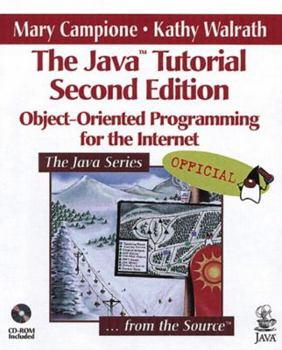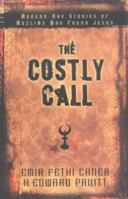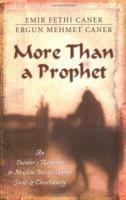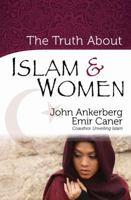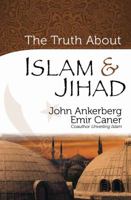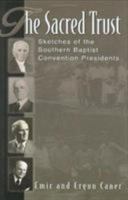Java Tutorial, The: Object-Oriented Programming for the Internet
Select Format
Select Condition 
Book Overview
This is a practical, step-by-step guide to writing programs with Java, beginning with the basics and progressing through more advanced topics. The book is an interactive tutorial which comes alive when the examples from the book are run at the accompanying Web site. In addition, all supplemental source and compiled versions of all examples are available on the Web. This description may be from another edition of this product.
Format:Paperback
Language:English
ISBN:0201310074
ISBN13:9780201310078
Release Date:March 1998
Publisher:Addison-Wesley
Length:964 Pages
Weight:3.70 lbs.
Dimensions:9.5" x 1.5" x 7.8"
More by Emir Fethi Caner
Customer Reviews
3 customer ratings | 3 reviews
There are currently no reviews. Be the first to review this work.











